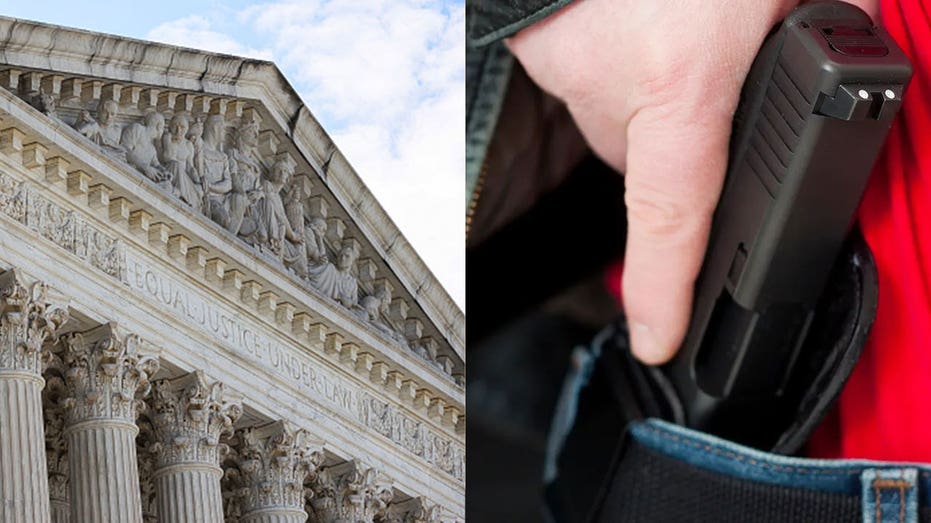Supreme Court Could Soon Rule on Handgun Sales Ban for Teens

Sarah Johnson
March 2, 2025
Brief
The Supreme Court may soon rule on whether people under 21 can buy handguns, challenging decades-old federal laws and potentially reshaping U.S. gun rights nationwide.
The Supreme Court may soon decide whether individuals younger than 21 have the constitutional right to purchase handguns, a potential landmark ruling that could dismantle longstanding federal restrictions and radically reshape U.S. gun laws.
Back in January, the conservative-leaning Fifth Circuit Court of Appeals, based in New Orleans, overturned the federal government's decades-old prohibition on handgun purchases for individuals aged 18 to 20. This decision directly conflicts with a ruling from the 10th Circuit in November, which upheld the same ban. To add to the drama, the U.S. Court of Appeals for the Fourth Circuit is currently reviewing a Virginia district court's decision to strike down the age-limit law.
Alan Gottlieb, founder of the Second Amendment Foundation, seemed optimistic about the legal showdown. "Whenever there are conflicting rulings, the chances of the Supreme Court granting a writ of certiorari increase significantly," he said.
Jacob Charles, a constitutional law professor at Pepperdine University with expertise in Second Amendment issues, agrees: "This issue is definitely heading to the Supreme Court—and fast. This is a critical federal law, and it simply can't be applied differently across the country for very long."
The federal age restriction on handgun sales was first enacted in 1968 as part of the Gun Control Act. However, the Supreme Court's 2022 ruling in New York State Rifle & Pistol Association, Inc. v. Bruen has emboldened a wave of legal challenges questioning the constitutionality of age restrictions on gun purchases. According to data compiled by gun-violence nonprofit news outlet The Trace, over 1,600 lawsuits citing the Bruen decision have been filed between June 2022 and August 2024.
The Bruen ruling shifted the legal framework for evaluating gun laws. Instead of using levels of scrutiny, the court emphasized the need for laws to align with the "historical tradition" of the Second Amendment. Gottlieb explained, "What matters now is the text and history. When the Bill of Rights was written, there were no restrictions on 18-to-20-year-olds owning or carrying firearms."
Gottlieb's organization has filed lawsuits in several states to overturn handgun sales bans for young adults under 21. Legal battles are currently underway in Massachusetts and Connecticut, among other states.
The Fifth Circuit's decision leaned heavily on the Supreme Court's Bruen precedent, as have rulings from two other federal circuit courts over the past year. In one notable case, the Eighth Circuit struck down a handgun sales ban in Minnesota. The state's Commissioner of Public Safety has since petitioned the Supreme Court to review the case, with the outcome still pending.
With conflicting rulings piling up and pressure mounting, the Supreme Court may soon have no choice but to address this divisive issue. If they do, the ruling could establish a new national standard—or set off another round of heated debates in the ongoing tug-of-war over gun rights in America.
Topics
Editor's Comments
The debate over gun laws always seems to come down to competing interpretations of the Constitution, and this one is no different. But isn't it wild to think that a law that’s been around since 1968 could now be considered outdated because of 'historical tradition'? If this case reaches the Supreme Court, it could really flip the script on how we approach age-related restrictions—not just for guns, but potentially for other rights too. Honestly, the stakes couldn’t be higher.
Like this article? Share it with your friends!
If you find this article interesting, feel free to share it with your friends!
Thank you for your support! Sharing is the greatest encouragement for us.



